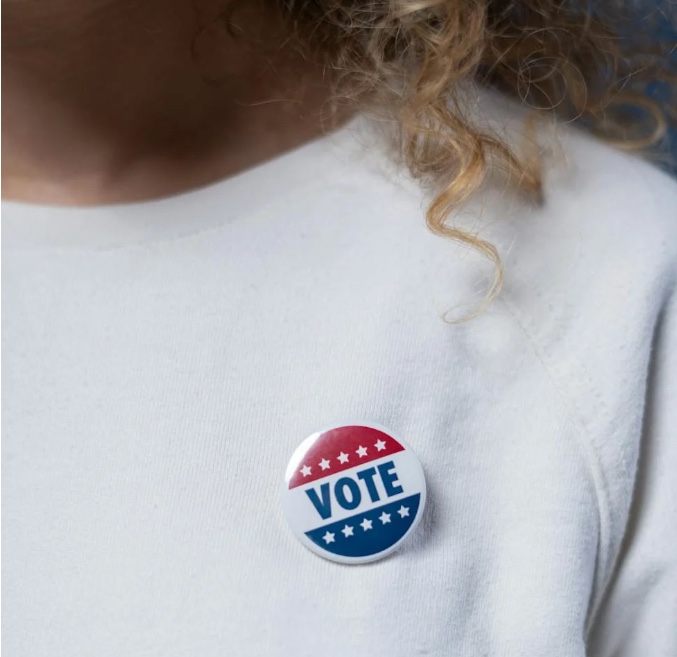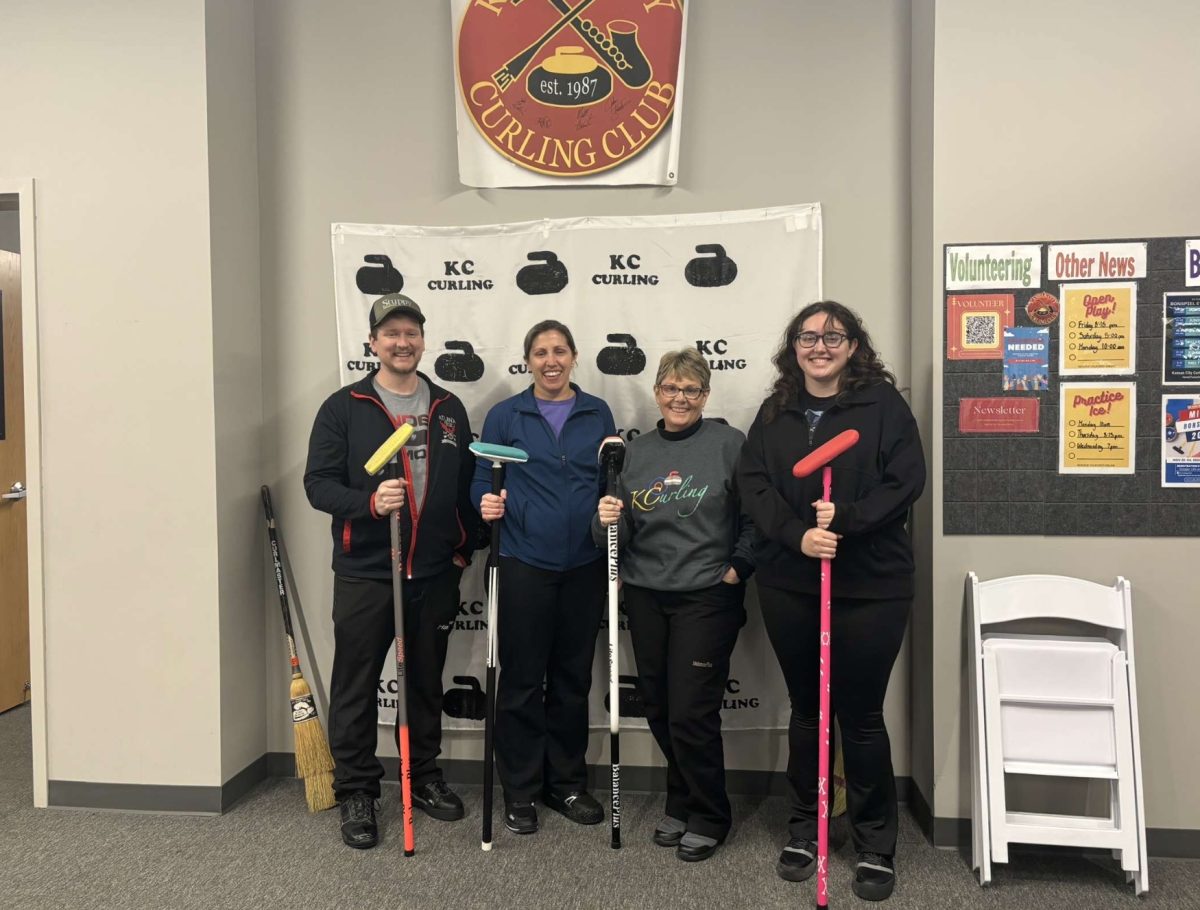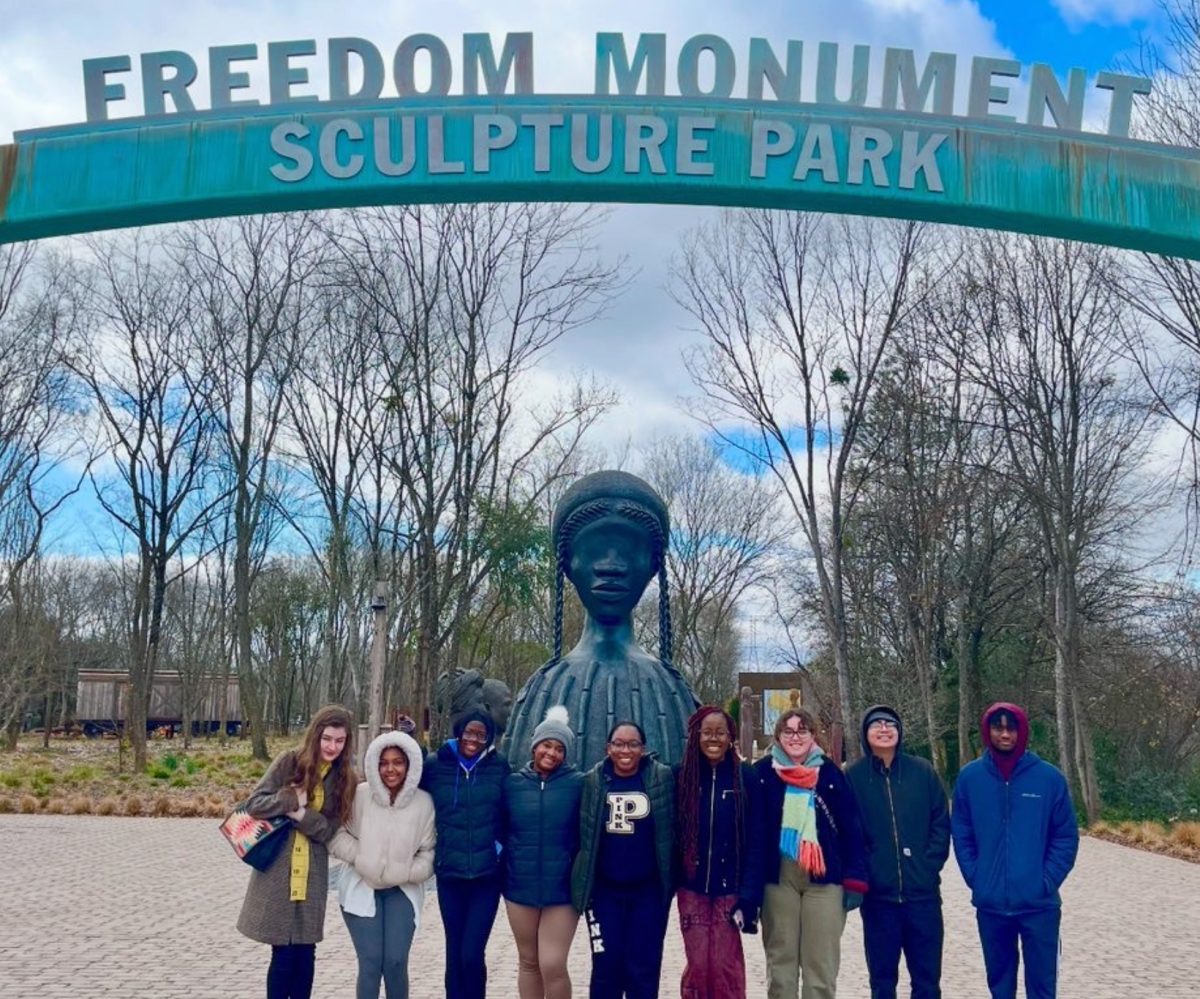As election season has come to a close, political discussions at Rockhurst University have become a delicate subject. In a year filled with intense national debates and polarized viewpoints, students and faculty are navigating how – or whether – to engage in political discussions on campus. Many feel a growing discomfort in discussing politics, fearing disagreements may escalate or harm relationships with friends, classmates and professors.
Rockhurst, as a Jesuit University, places an emphasis on the core values of Reflection and Discernment and Cura Personalis, or “care for the whole person.” These values aim to foster open dialogue and respect for diverse perspectives. In common practice, however, many students feel hesitant to voice their opinions, especially when they sense others may strongly disagree.
“I notice that many of my classmates look really uncomfortable when talking about politics. I think that a lot of people have been raised to not upset anyone and be agreeable, which is hard to do in such a polarized world. I think these factors are why many choose not to speak out in classroom settings,” said sophomore Grace Kaiser.
For some students, this apprehension stems from a sense of tension in the air.
“I feel like if I say my opinion on a subject, and it is different from a classmate or professor, I will be judged,” said junior Michael Klotz. “I avoid bringing it up outside of close friends because it just feels like an off-topic conversation with other groups”
Beyond classroom observations, many students generally feel hesitant to discuss politics, following a national trend seen in a study from the Pew Research Center, where only 17% of people feel very comfortable discussing politics with someone they do not know well.
“It’s just an unspoken rule to not talk about politics,” said sophomore River Hastings, “I don’t know if people would take something personally or listen to my view if it was in opposition to their own.”
Many students, despite feeling uncomfortable, are in agreement that discussing politics is important to gain a larger perspective, even if there are disagreements.
“If presidential candidates and their policies aren’t talked about now, how will we be able to have these difficult conversations in the future?” Kaiser said.“Civil discourse is not practiced enough, especially in a generation surrounded by a polarizing environment.”
Furthermore, many students had suggestions as to why these conversations are important and the influence positive discourse can have surrounding elections and students’ futures.
“I think politics should be discussed as to what they should entail,” said junior Christian Yocklin. “Not necessarily discussing biased views, but rather focusing on how to research issues and better understand topics that are important.”
In a sports law class on campus, students frequently discuss political elements that arise in the cases studied during the course.
“We have discussed women and transgender athletes and their roles in athletics in my sports law class. Topics like these can sometimes be fragile, but are usually handled very well in class,” said sophomore Sarah Farrens.
Yet in some classrooms, discussions surrounding politics are deemed unnecessary as they do not contribute to the course curriculum.
“In the nursing program, conversations about politics are unnecessary as they don’t help us learn more effectively and would likely cause issues rather than further our learning,” said junior Raegan Copely.
Some professors chose to cancel classes the day after the election to honor students’ wishes of celebration or sadness, whatever the case, while many proceeded as scheduled.
There has been little discussion about the conclusion of the election, in which President-elect Donald Trump defeated Kamala Harris. Students attribute this to a sense of discomfort and a belief that there is no need to further address the events during class sessions.
“The election happened, nobody can change the outcome, discussions can still happen about politics on campus, but discussing the election is rather unnecessary as it doesn’t change anything,” said junior Braden Henley. “We can discuss other topics surrounding politics that might impact our class structure or what we’re learning but the presidential elect likely doesn’t play a large part in that.”
The uncomfortable aspect of politics will likely remain on campus post-election but will probably dwindle as it has reached its peak with the outcomes of the election. But for now, many students at Rockhurst continue to try to balance their desire for open dialogue with the need to have peaceful interactions on a campus where friendships and professional relationships are highly valued and encouraged.








